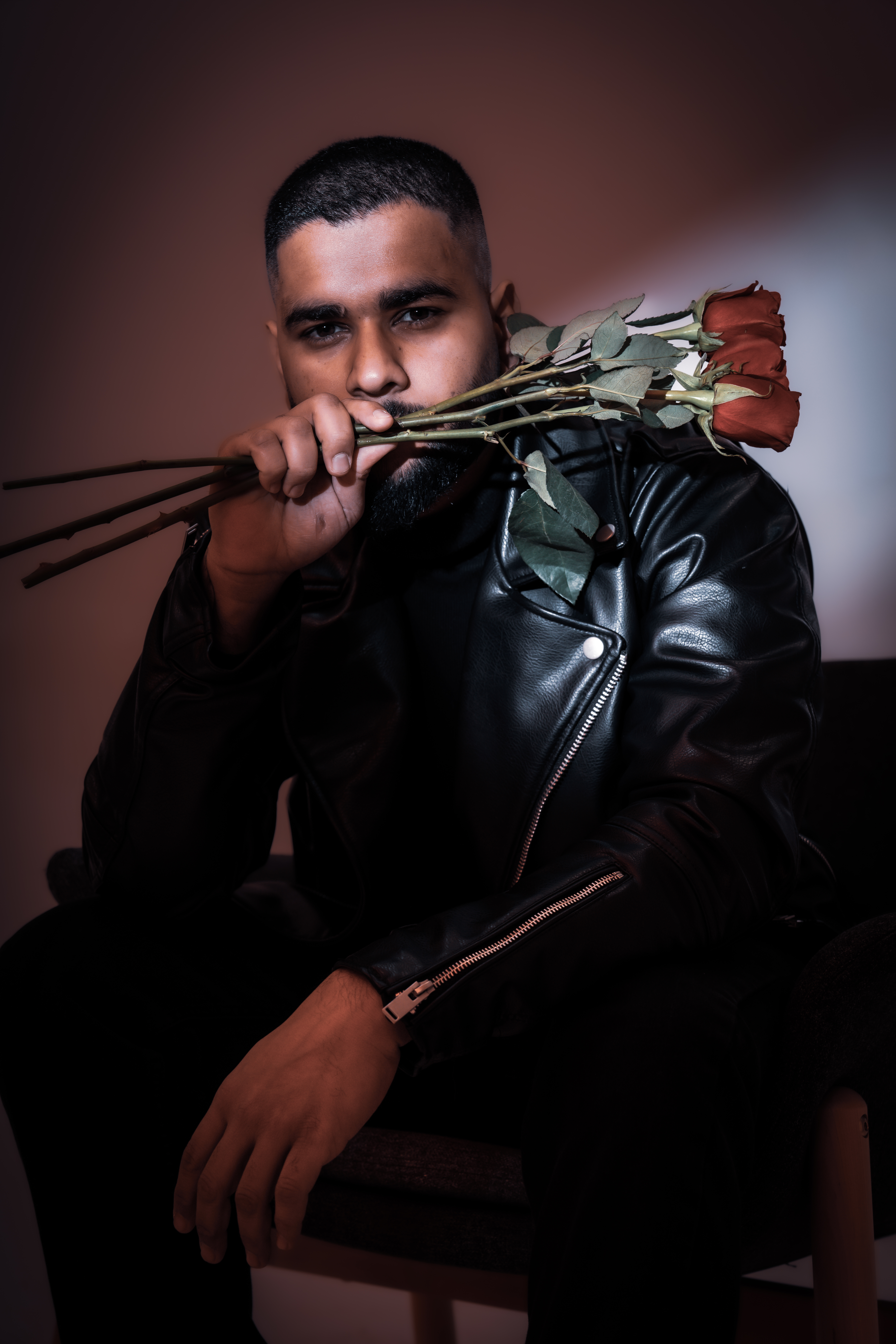A Creative’s Perspective
The line between self-love and seeking validation is becoming increasingly blurred, especially for brands. As a creative director who’s worked with a wide range of brands—local, Canadian, you name it—I’ve seen firsthand how things have shifted. Here’s the tea: I remember when you’d post on your story, asking for free models and support, reaching out to people to help bring your vision to life when you couldn’t offer them much in return. But now, when those same people—who helped build your platform and supported you from the beginning—come to you with more experience and knowledge, suddenly they’re “not what you want.” You’ve got no interest in working with them anymore.
Is it because they’ve grown and gained value, and now they have the confidence to demand better? You can’t claim to be all about self-love, empowerment, and positivity, and then turn your back on the very people who helped get you where you are. If you’re truly about self-love, you should be embracing and elevating those who’ve had your back from the start—not dismissing them when they’ve grown and can offer more.
So, what changed? Is it that these people now know their worth, or is it that your brand doesn’t know what it stands for anymore? It’s getting harder to tell whether this is about real self-love or just chasing something shallow and convenient. The lines are blurring, and the truth is starting to show.

Who Buys, Who’s in Control? Let’s Take a Look at That.
Let’s zoom out and take a look at the bigger picture. According to the U.S. Census Bureau and the Small Business Administration (SBA), as of 2021, 40% of businesses in the U.S. are female-owned. That’s a significant leap from 1990, when female-owned businesses made up just 24%, compared to 76% male-owned. This progress is undeniable, but it raises an important question: are these numbers growing because of real, systemic change, or are they simply reflecting who holds the power to offer opportunities? Similarly, while white-owned businesses still account for about 88%-90%, minority-owned businesses (Black, Hispanic, Asian, and Indigenous entrepreneurs) make up only 10-12%. These figures show progress, but they also highlight that barriers like limited access to capital, systemic discrimination, and fewer networking opportunities are still deeply ingrained. So, while the numbers have shifted, it’s worth asking whether the system itself has truly evolved.
As a young, white, blonde-haired, blue-eyed female, I’ve felt this harvest. When I was newer, with less to offer and fewer credentials, people assessed what they could take from me. It looked like they were giving me more opportunities, but in reality, they just thought they could use me. The same dynamic plays out when we talk about self-love and validation—where individuals or brands pick and choose based on what benefits them. It’s easy to let others define your worth, but when you do, the real question becomes: if you let them control the narrative, who truly owns you? Are we really loving ourselves, or are we just playing a numbers game, where the only thing that matters is who has more to offer?
That shift—happening only about 30 years ago—was a pivotal moment, but while the players may have become smarter and more adaptive, the fundamental rules of the system remain largely unchanged. The “I ride you, you ride me” mentality is still alive: you do what’s needed to make others happy, and in return, you’re offered opportunities. But how can anyone genuinely find happiness or fulfillment when they’re not at peace with the world or industry they’re in? Too many people follow the same path out of fear or the necessity of financial security. But when that happens, it’s not self-love driving the decisions—it’s the pursuit of validation, often at the cost of personal worth.
In the end, we have to ask ourselves: are we truly embracing self-love, or are we still operating within a system where the rules haven’t really changed, just the players? In a world where value is often measured by what we can give or achieve, not who we are, it’s easy to get lost in the cycle of validation. The lines between self-love and seeking approval, worth and worthiness, have all started to blur. As we navigate this evolving landscape, we must confront the truth: the change we seek may not come from the numbers or external markers, but from within. If we can shift the focus from external validation to genuine self-worth, we can break free and truly embrace the power of self-love.

Finding the Right Fit: How to Pitch Yourself as a Creative
When you’re pitching yourself to a business as a creative, make sure you really check out the brand first. Does their vibe match yours? Look at how diverse they are—who’s behind the brand, and how do they show up to the public? Are they open to change, or have they been doing the same thing for a long time? Think about what you want to get out of working with them. The right brand should let you be yourself and help you grow, not try to change who you are. Make sure it feels like a good fit for you.
- Don’t get too excited about everything – When you’re starting out, everything might look awesome, but not every opportunity is the right fit for you.
- Build your portfolio, but choose carefully – Yes, portfolio work is important, but who you work with matters just as much. The right people can open doors for you.
- Learn to say no – Saying no is part of protecting yourself. If something doesn’t feel right, it’s okay to turn it down.
- Don’t be afraid to leave – If the brand doesn’t give you that “homey” feeling or respect your boundaries, run for the hills—like, right now! Your peace matters.
- Pay attention to how they make you feel – If they don’t make you feel valued or at ease, it’s time to walk away.
Bottom Line
The more you love and trust yourself, the less likely you are to end up in situations where you’re being used. Your gut will always pick up on bad vibes—it won’t let you ignore them. You just have to trust that feeling and speak up when something’s off. If they can say whatever they want to you, why can’t you speak your truth too? Don’t let the fear of missing out on opportunities stop you from using your voice. The right opportunities will come when you stand firm in what you believe. Ask yourself: Are you going to be part of the problem, or part of the solution?
Huge thanks to our incredible creative team! This month, as we focus on love and share tips for navigating the world around us, we couldn’t have done it without you all.
Photographer: @OkanaganPortraits
Media: @ZealSocialManagement
Creative Community: @Zealunity
Hair: @Ninashairspace
Model: Deep Saini
We are so grateful for your talent, collaboration, and hard work in bringing this vision to life! Thank you for being part of this journey.









